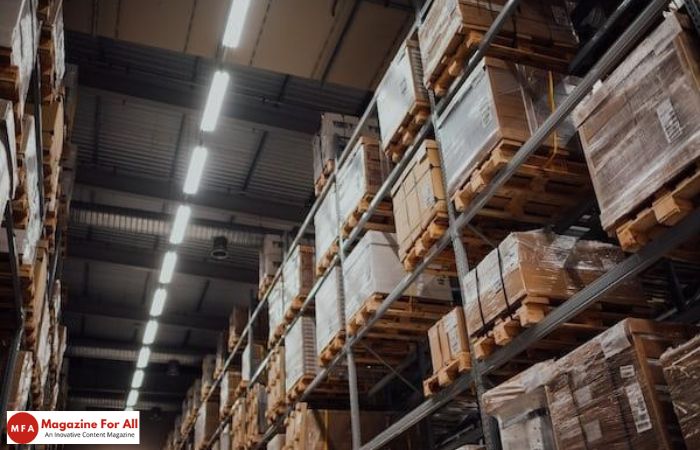These are service providers who take over the processing, packaging, and delivery of businesses’ orders. Such services are aimed at reducing complex and time-consuming operations regarding order fulfillment so that small businesses can concentrate on other key areas like product development and customer services.
Table of Contents
Key Components of Fulfillment Services
Shipping and Logistics
Fulfillment services deal with delivery arrangements, including selecting the cheapest mode and monitoring shipment. One key concept would be transloading, the importance of transloading in logistics lies in its ability to optimize transportation efficiency by facilitating the transfer of goods between different modes of transportation, streamlining the supply chain process. In this regard, it saves businesses time and enables customer delivery of orders in good time. Most of these fulfillment services also collaborate with different shipping carriers and, through their contacts with most shipping carriers, can reduce your costs as a small business that is trying to minimize the shipment costs.
Warehousing
Usually, fulfillment services involve warehouses where firms keep their stock. This is especially important for small enterprises that probably don’t have sufficient space and means to maintain the warehouse themselves. Warehousing forms the base for fulfillment services; it ensures the security of products to enable access when orders are made.
Order Processing
Fulfillment services are characterized by effective handling. The fulfillment center receives instructions when a buyer sends his or her order; the items are selected from the storage and shipped after packaging. In this procedure, automation also involves ensuring that very few mistakes are made on order filling.
Returns Management
For businesses, it is not easy to handle returns. Most fulfillment providers have a streamlined returns management system, which makes it possible for customers to send back products with ease while businesses can also handle them smoothly, thus enhancing customer experience. Positive consumer experience is what leads to stronger brand loyalty, and one of the ways to achieve it is a flawless, unproblematic policy on return procedure.
What does your company gain from utilizing fulfillment services
Cost Efficiency
Among the main benefits attached to outsourced fulfillment is cost-effectiveness. For small businesses, it can be difficult to invest in warehouse space, technology, and labor necessary for effective fulfillment of orders. Economies of scale characterize this business model, whereby these charges are spread out over several users to help small enterprises cut down on unit product costs.
Scalability
Scalability is a feature of fulfillment services that makes it easier for businesses to deal with irregular volumes of orders. This allows companies to scale up their fulfillment services during peak seasons or promotional periods, such as providing efficient processing of orders without upfront investments in infrastructure.
Expertise and Technology
Modern-day fulfillment vendors have state-of-the-art technology and logistics know-how. Examples include complex tracking inventory systems that improve accuracy and help in the efficient processing of orders, resulting in minimizing errors and, hence, better customer satisfaction.
Global Reach
Most fulfillment service providers feature widespread networks to empower SMEs to extend beyond their home territory without getting involved in the complexity of opening up overseas establishments as well as channels of distribution outside the region. This may be of great help in e-commerce expansion to a wider range of market niches.
Small e-commerce business entities face the challenge of satisfying customers as they carry out complicated supply chains. Businesses employing fulfillment services could leverage it to increase operational efficiency, optimize CS level, and support business growth.
Related Post: How to Attain E-Commerce Company Success in the Evolving Business Landscape































































